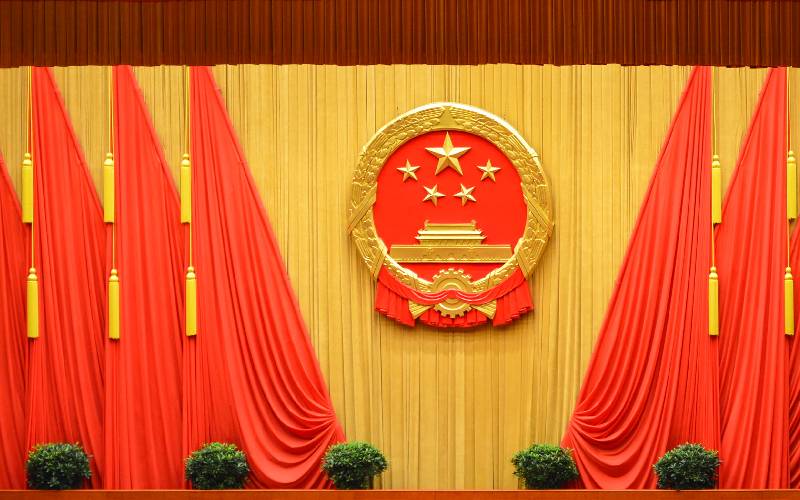×
The Standard e-Paper
Join Thousands Daily

China seems too aware of the “perils of rushed democracy.” [Courtesy]
The Chinese communist party is celebrating 100 years since its founding. The party had to wait for 28 years to get power in 1949. It has ruled 1.4 billion people ever since.







